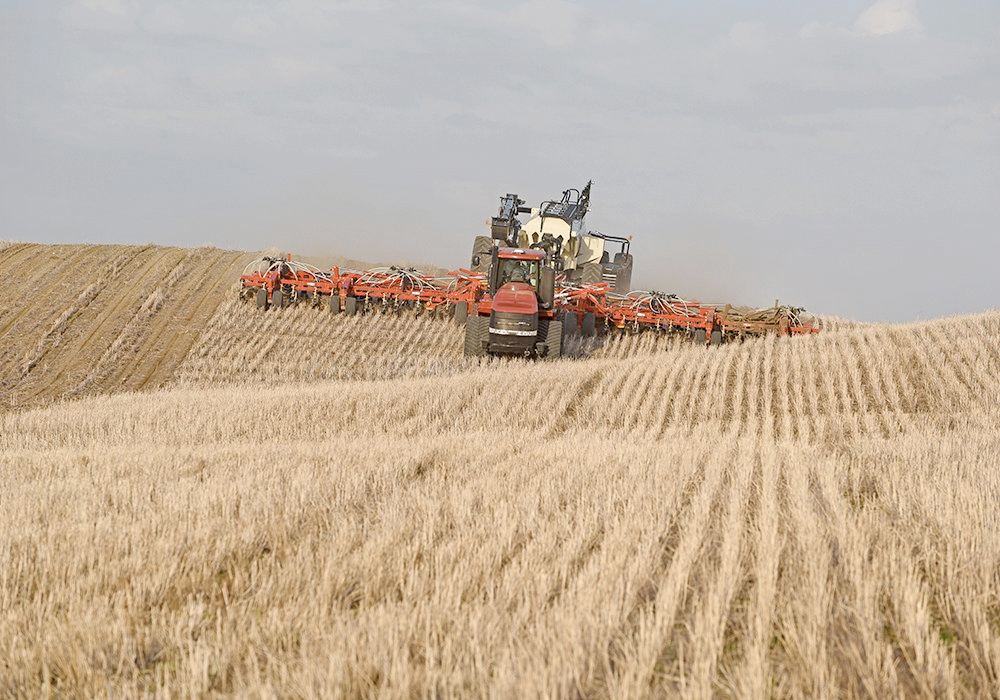The Saskatchewan government has announced it plans to continue with the carbon offset credits program as an alternative to other measures, including a carbon tax.
The program is designed to provide producers and companies with credits, so long as their commodities have lower greenhouse gas emissions than the global average.
In the recent speech from the throne, the province explained these credits can be traded or used to reduce the carbon footprint.
Lt. Gov. Russ Mirasty, who read the Oct. 26 speech, confirmed this by saying, “my government believes there are better ways to address climate change than the punitive taxes and ineffective regulations imposed by the federal government.”
Read Also

Agri-business and farms front and centre for Alberta’s Open Farm Days
Open Farm Days continues to enjoy success in its 14th year running, as Alberta farms and agri-businesses were showcased to increase awareness on how food gets to the dinner plate.
The start date for the program remains unknown, but Saskatchewan Party MLA Dana Skoropad said the outcome will benefit any product coming out of Saskatchewan.
“It’s right for all of the products we’ve produced, whether it’s our oil, our gas, our forestry products, our uranium, or our potash, and most certainly for our ag products.”
Although the program is said to be advantageous, some are concerned by the lack of a concrete launch date.
NDP agriculture critic Trent Wotherspoon said he hoped the process to implement the program is quick so producers can receive the recognition they deserve.
“This is something we have been pushing for through committee with the minister,” said Wotherspoon. “We’ve been pushing for an offset for producers to be recognized for their role as environmental stewards.
“I hope this isn’t a long, delayed process, that kicks the can further down the road. Producers need and deserve recognition for their roles as environmental stewards.”
Saskatchewan Premier Scott Moe also recognized Saskatchewan’s sustainability efforts through producers’ work with zero tillage.
“We produce some of the most sustainable products available on earth,” said Moe. “Let’s take agriculture for example. We’ve incorporated zero-till technology, fixing in the area of about 12 to 13 million tonnes through crop agriculture, zero till and precision farming.”
The initiative is proving successful for local farmers and producers, with Saskatchewan having the highest rate of zero to minimum tillage among all provinces, at 95 percent.
A strengthened crop insurance program was also cited in the throne speech.
“This year, average coverage for producers will reach a record level of $405 per acre. A 48 percent increase from 2021,” read Mirasty.
The province also emphasized a need for more veterinarians, specifically those who work with livestock in rural communities.
To aid in this, an expansion in class seating was announced for vet techs at Saskatchewan Polytechnic, bringing the number from eight to 32 each year.
But the increase doesn’t stop there.
“The rural veterinarian and veterinary technologist loan forgiveness program is being expanded,” said Mirasty. “And in the coming year, we will increase the number of training seats at the Western College of Veterinary Medicine by five, from 20 to 25 a year.”















